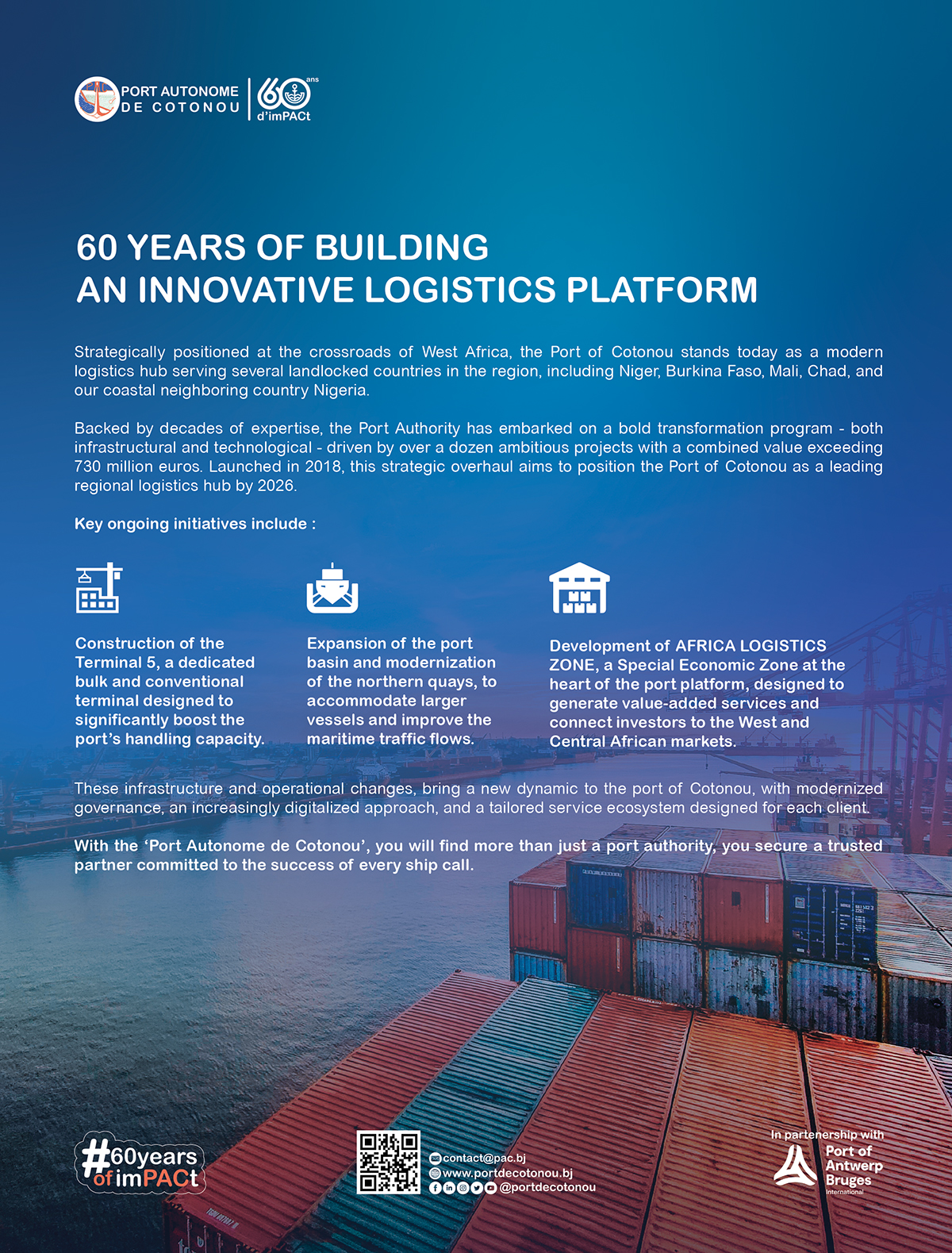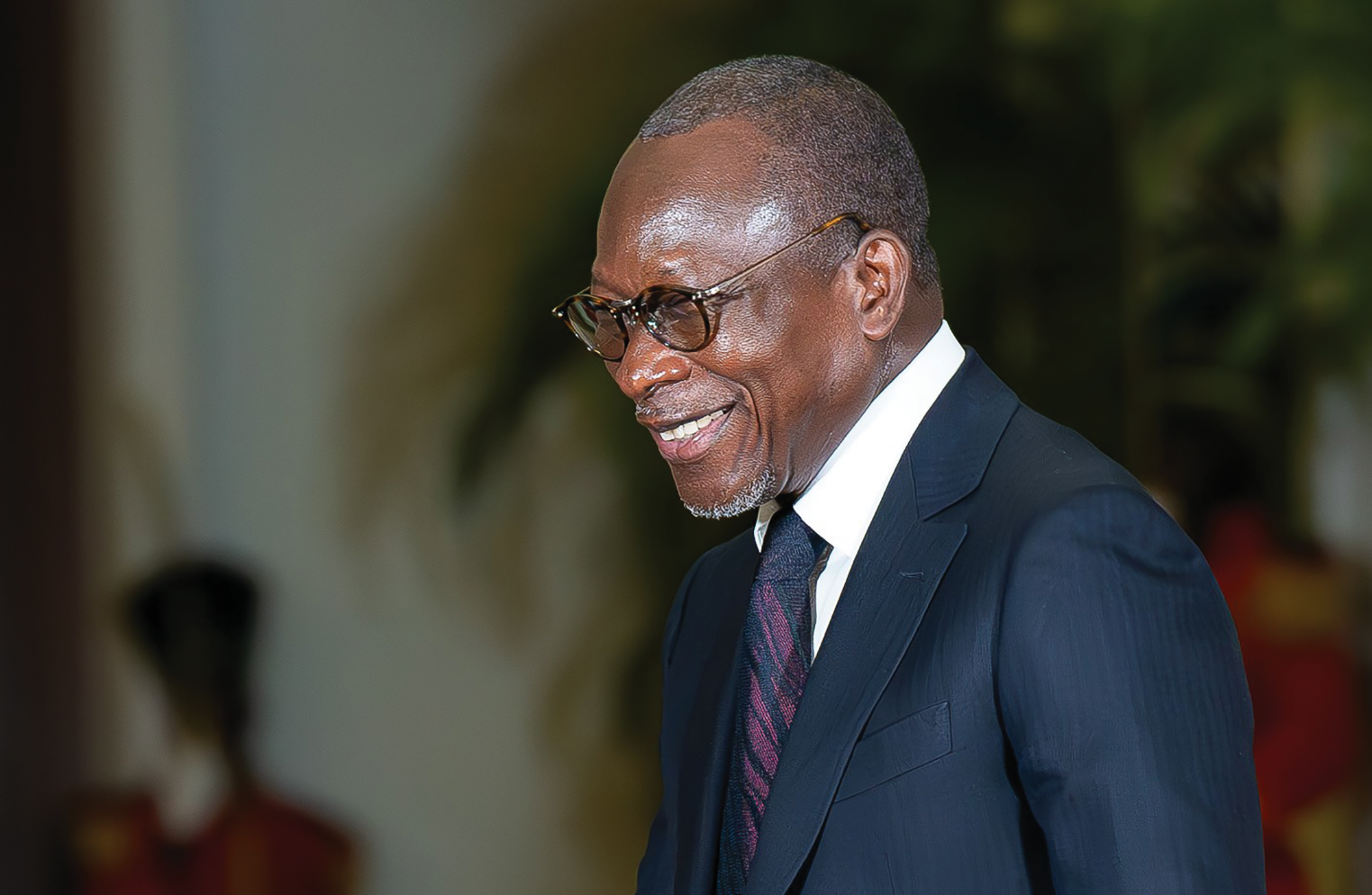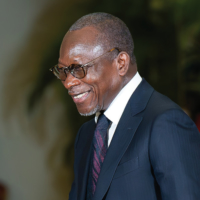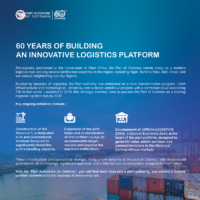Tucked between Nigeria and Togo on the Gulf of Guinea, the Republic of Benin is a small West African country with large ambitions. As it celebrates 65 years of independence in 2025, Benin is stepping forward to assert its place in the global arena. With deep historical roots, stunning nature and a growing economy, the country is working to position itself as a dynamic investment destination — one that offers stability, opportunity and a strategic entry point into West Africa’s fast-growing markets.
Since 2016, under the leadership of President Patrice Talon, Benin has embarked on a bold path of transformation. The government has implemented deep structural reforms to improve the business environment, modernize infrastructure and diversify the economy beyond traditional exports.
The results are impressive. In 2024, Benin recorded an economic growth rate of 7.5% — its highest since 1990 — driven primarily by services, industrial expansion and a resilient agricultural sector. Looking ahead, growth is expected to average 7.1% through 2027, while inflation remains moderate and poverty rates continue to decline.
At the heart of this transformation is the Government Action Program, which outlines $20 billion in planned investment to accelerate economic development and improve quality of life for all citizens. This program is structured around three strategic pillars. These are: strengthening democratic institutions and governance; achieving structural economic transformation; and improving social well-
being. Through these pillars, Benin is reshaping itself with a focus on transparency, fiscal responsibility and inclusive growth.
The program aims to bridge Benin’s infrastructure gap by investing in transportation, energy, education, health care and water systems. These investments are expected to stimulate job creation, attract foreign direct investment and unlock productivity across multiple sectors. Notably, about half of the infrastructure projects will be implemented through public-private partnerships, offering clear opportunities for both domestic and international investors seeking sustainable returns in a stable political environment.
Among the flagship efforts are the modernization of the Port of Cotonou and the development of the Glo-Djigbe Industrial Zone. The port, already a critical lifeline for Benin and its landlocked neighbors, is being expanded and upgraded to become a world-class logistics hub. In the meantime, the industrial zone is attracting manufacturers and agro-processors looking to add value to Benin’s rich agricultural resources. Together, these initiatives are helping Benin emerge as a regional center for trade, production and exports.
Alongside infrastructure, digital transformation is another major lever of Benin’s economic renewal. The government views digital technology as essential to building an inclusive, innovation-driven economy. Through its Digital Economy Sector Policy, Benin is expanding internet access, training digital talent, promoting e-commerce and encouraging foreign investment in tech. With the support of international partners, Benin is also developing a robust cybersecurity framework and launching innovation labs that will help the country shift from technology consumer to technology producer.
These digital initiatives aim not only to modernize public services, but also to reduce unemployment, increase transparency and strengthen economic resilience. The potential is enormous — according to the GSM Association, digitalizing the economy could add $2.2 billion to Benin’s gross domestic product by 2028 and create over 300,000 jobs. By investing in the knowledge economy, Benin is empowering a new generation of entrepreneurs and building a digital ecosystem that fosters growth across all sectors.
Another key area of opportunity is tourism. Rich in culture, history and natural wonders, Benin is steadily expanding its appeal to international visitors. As the site of the Royal Palaces of Abomey, which are registered on UNESCO’s World Heritage List, Benin offers a unique cultural experience. The country is also home to the Pendjari National Park and miles of serene Atlantic coastline. With a $1.4 billion tourism strategy underway, the country is enhancing infrastructure, training hospitality professionals and promoting its unique heritage to the world.
Benin’s journey is one of quiet determination, grounded in careful planning and ambitious vision. As it takes part in the Osaka Expo, Benin is making a strategic move to introduce itself to the world. With a national pavilion in Osaka, the country is using the global stage to showcase its achievements, investment opportunities and cultural identity. It is an open invitation to global partners — especially from Asia — to explore what this small but confident nation has to offer. Benin is no longer waiting to be discovered. It is ready to be known.






